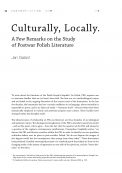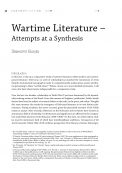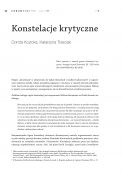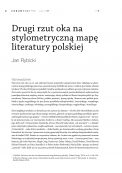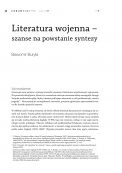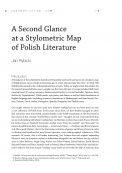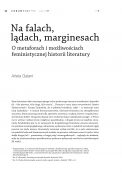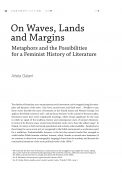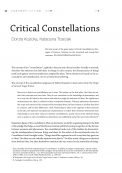Kulturowo, lokalnie. Kilka uwag o badaniu literatury polskiej po II wojnie światowej
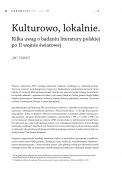
Pisanie o literaturze PRL1 wymaga pokonania trudności trojakiego (co najmniej) rodzaju. Pierwsze są natury metodologicznej i wiążą się z dyskusyjnym współcześnie statusem humanistyki. W ostatnich kilku dziesięcioleciach utraciła ona pewność języka, którego neutralności nie sposób zakładać, i przedmiotu badań, czyli samej literatury, której granice uległy daleko idącemu przesunięciu, obejmując zwłaszcza obszary kultury popularnej, masowej. (...)






